"The Beer of Vienna.
On festive evenings the tables of the Volksgarten are always dotted with giant glasses of that excellent beer which, like Bohemian pheasants, Hungarian Tokay, and Styrian iron, is an article that cannot he matched out of Austria. The empire has above 3,200 breweries and the product of the mash-tuns, besides comforting millions of thirsty souls, helps the country's revenues with the duty levied on it as article of primary consumption ; and if the flavour of the bottled liquid could be brought to that of the draught, Austrian competition would surely endanger the prospects of Burton-upon-Trent. It appears indeed, that in Paris and elsewhere the so-called "Leitmeritzer" begins to be a dangerous rival to pale ale. The biggest Austrian brewery, viz., that of Dreher, at Klein-Schwechat, near Vienna, cannot, however, compare importance with one of our great English establishments. Barclay and Perkins brew at least 14,000,000 gallons a year, and employ 1,800 hands, while Dreher may brew 5,000,000, and employs 800 hands. The total amount of beer annually made Austria is 172,000,000 gallons, or less than one-third of the British yield, and hardly 15 per cent more than that of little Bavaria. On this showing the barbarians should be terrible topers, but a large quantity of their product travels abroad. The Austrian malt liquor is not, except in the cities, a common drink for the humbler classes; for wine, even out of the grape countries, is a cheaper beverage. Tastes can neither be disputed nor described, and so those whose ill-luck has prevented them drinking Vienna beer must be satisfied to hear that it is less bitter, less capiteux, and more ethereal in flavour than Bass and Allsopp, weaker in alcohol, and more neutral in taste than other German beer — above all, that, when poured into a glass fresh from a cask just brought up from the ice-cellar, it glows like fluid amber, and is crowned with a delicate heading of bubbles, which are true bubbles of the air, and not like the soapy foam of Scotch ale, bubbles of the earth. To sip from a glass of Lager, puffing wreaths from a cigarette of choice Latakia, while you gaze vaguely to a sky flaming with the gold and crimson of a Danubian sunset, and catch the rhythm of waltzes and mazurkas — this is the perfection of ignorant and mechanical bliss.— Cornhill Magazine for December. "
Chester Chronicle - Saturday 15 December 1866, page 2.
That's very prescient of the author, recognising Lager as a potential threat to Pale Ale. How right he was. Though it wasn't necessarily in bottled format that it triumphed. Nor, apart from initially, was it Vienna Lager that triumphed. Once they'd worked out how to transport casks of Lager cold, that's when it could start conquering the world.
I don't know about you, but I prefer my output figures in barrels rather than gallons. 14 million gallons, the output given for Barclay Perkins, is 388,889 barrels. They actually brewed a little more than that in 1865, 415,142 barrels (source: "The British Brewing Industry, 1830-1980" T. R. Gourvish & R.G. Wilson, pages 610-611). The 5 million gallons Dreher produced is 138,889 barrels. A pretty decent output for the period, outside of Britain. The 172 million gallons brewed in Austria is 4,777,778 barrels. That's certainly less than a third of the amount produced in Britain. Less than a quarter, actually. In 1865 there were 22,546,889 barrels brewed in the UK (Source: "Hops; their Cultivation, Commerce, and Used in Various Countries" by P.L., Simmonds, 1877, page 133).
"Tastes can neither be disputed nor described" - try telling the people on RateBeer or BeerAdvocate that. I think they'd disagree. I've no idea what he means about the bubbles. Other than that the beer is fizzy. As for the bubbles of Scotch Ale being of the earth, he's completely lost me there. "More neutral in taste than other German beer" - does he mean blander?
You won't believe how much Lager material I've scraped up from the bottom of history's waste paper bin. Loads more to come. Like the earliest British draught Lager. At least the earliest one I've heard of. And no, it isn't from one of the usual suspects.

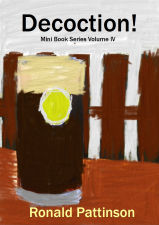



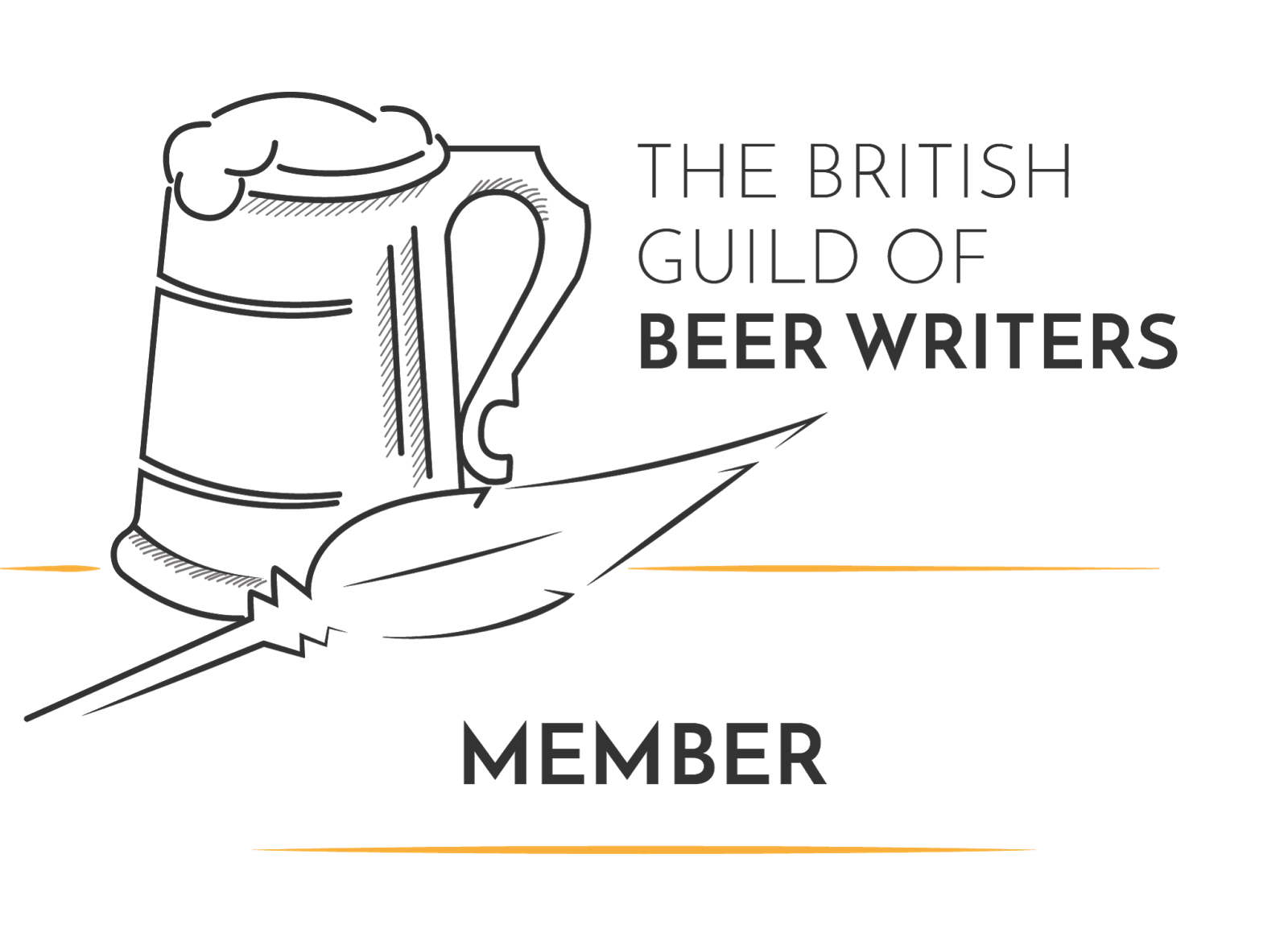









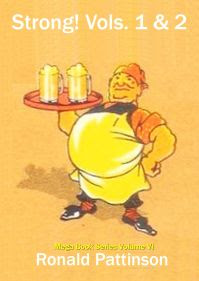


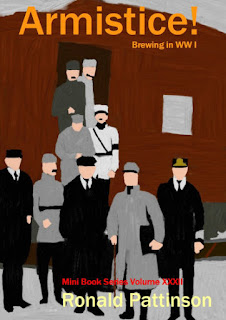
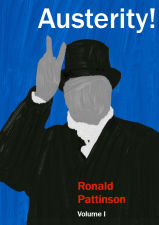

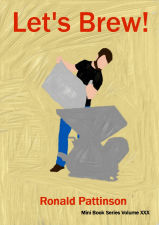

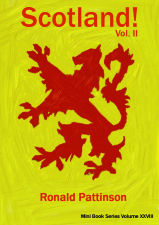
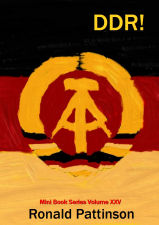


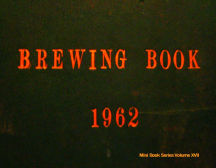
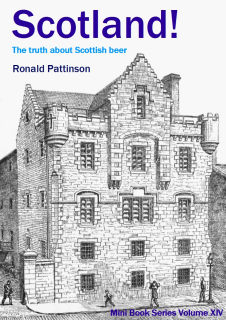
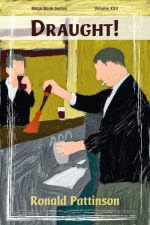

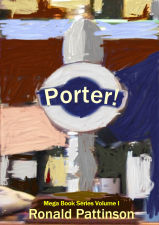

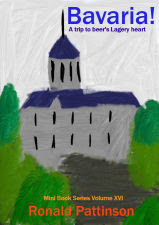

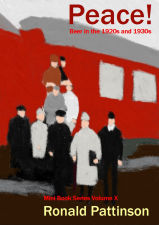

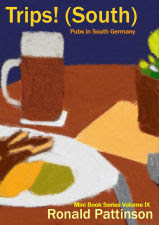

































1 comment:
puffing wreaths from a cigarette of choice Latakia
try to find one cigarette today with latakia included.
Post a Comment